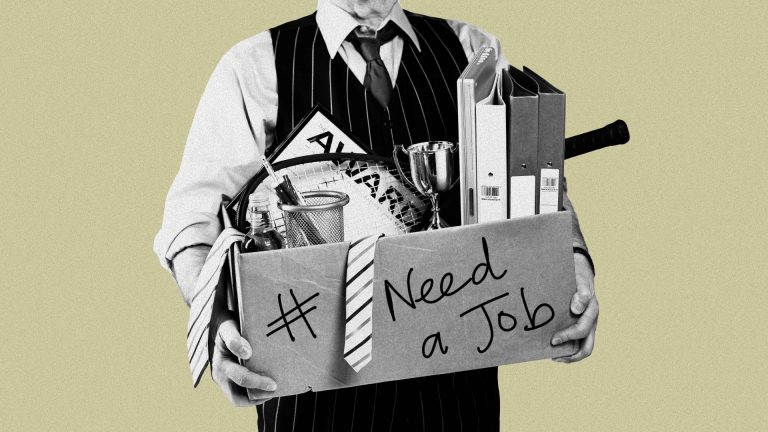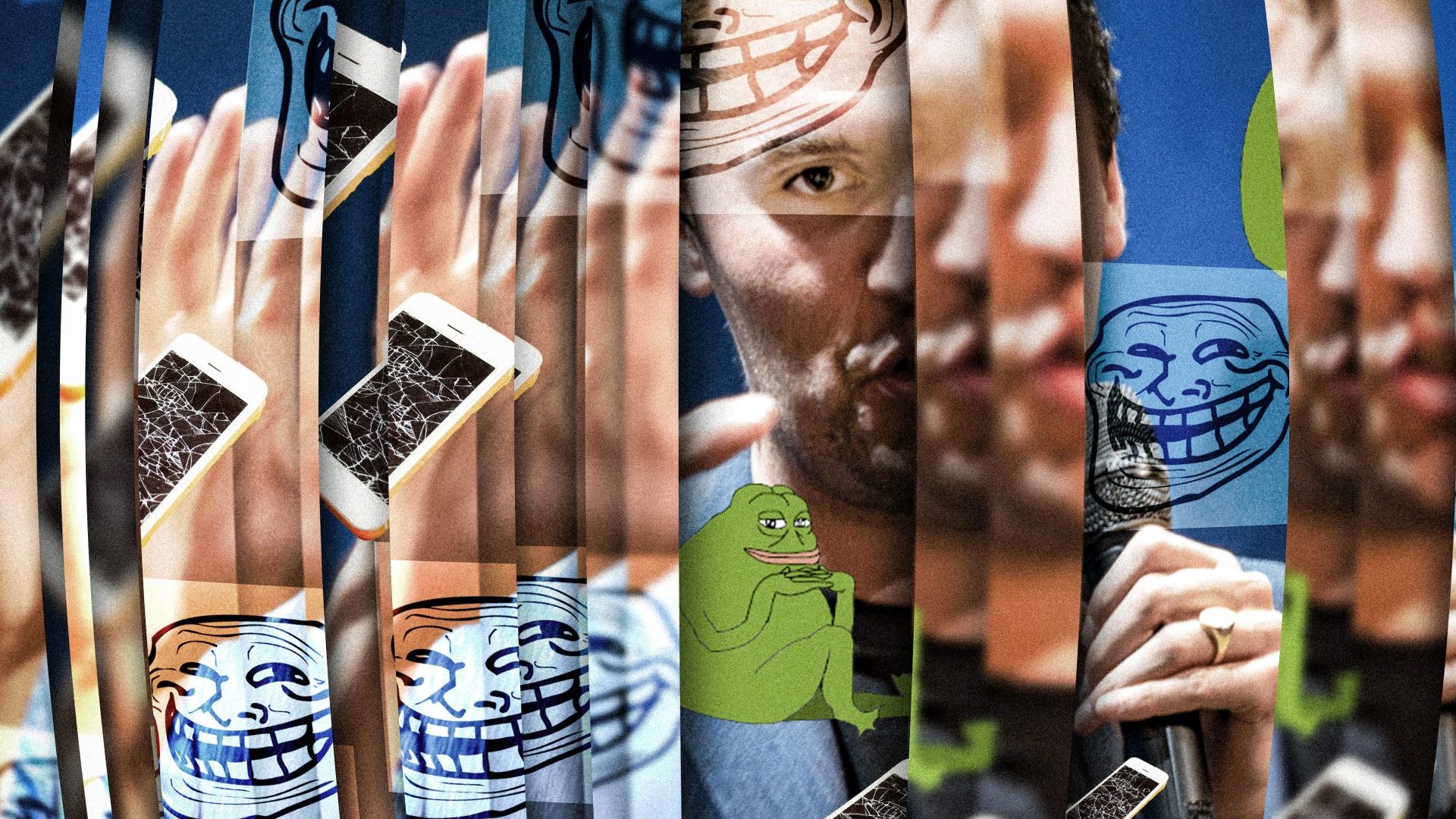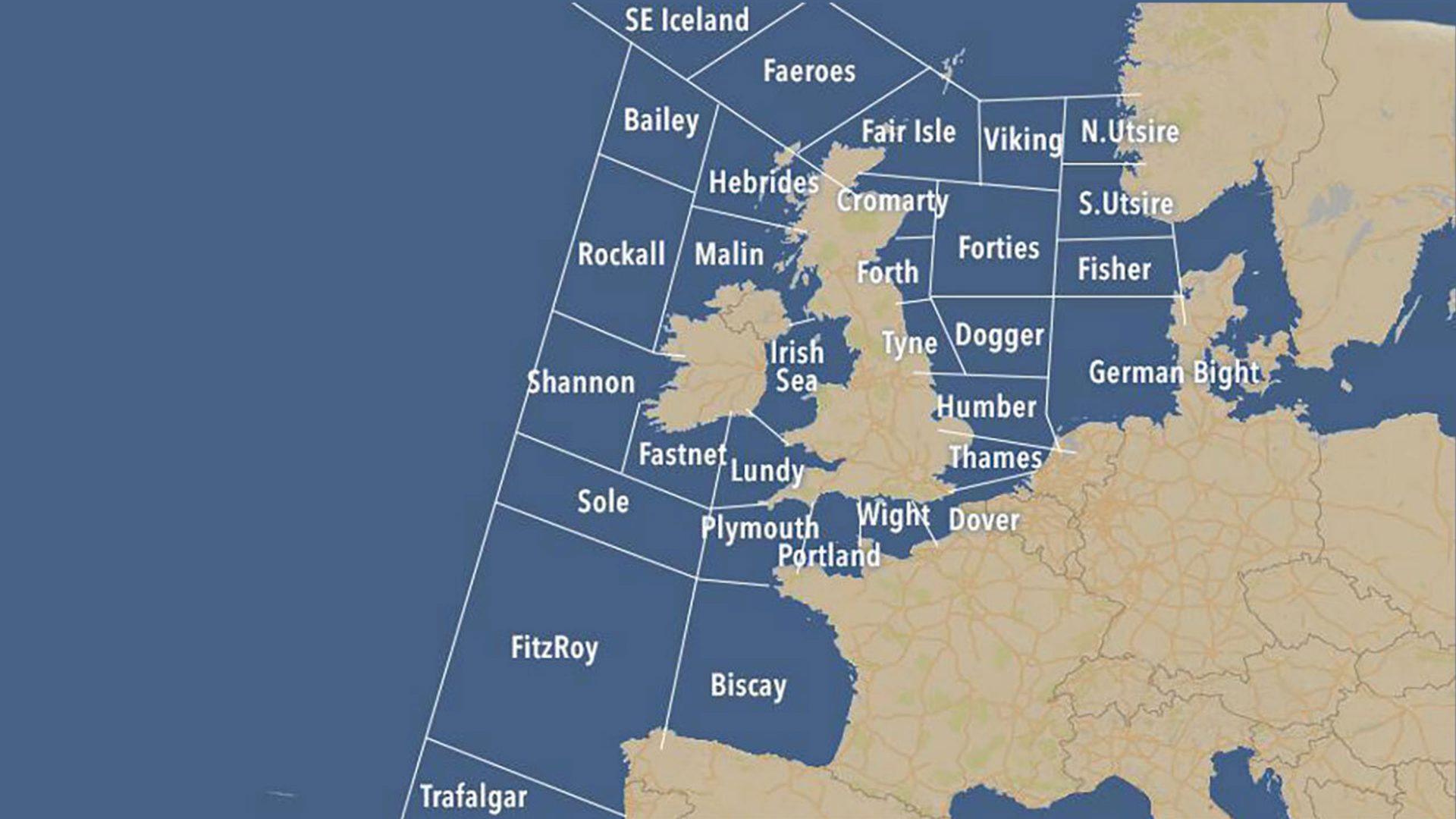ITV wants its new drama The Hack to be this year’s Mr Bates vs the Post Office. It won’t be.
The gross intrusions of privacy involved in phone hacking are not in the same league as the suffering inflicted by the Post Office scandal. The story of the wronged sub-postmasters who lost their livelihoods and liberty was easy to grasp and aroused a furious reaction. The hacking of celebrities’ phones, not so much.
Yet rarely has a scandal pulled in such a cast. It exposed how News International hired criminals to get its stories, bribed police and persuaded them to look the other way when people started complaining.
It is now 20 years since Prince William noticed that a story about his knee could only have been obtained by someone listening to his voicemails. No fewer than four prime ministers have been involved in one way or another.
The Guardian emerges with credibility (though its most shocking claim – that News of the World journalists deleted voicemails from murdered schoolgirl Milly Dowler’s phone, giving her parents false hope that she was alive – was probably wrong). But public attention has moved on.
Partly, of course, that is because the Murdochs’ News Corporation would rather hush up the details. Some of the journalists involved in the story continue to wield enormous influence.
Andy Coulson, who went to jail in 2014 for conspiracy to hack phones, runs a PR company where, by his own account, he acts as a “sought-after and trusted personal adviser to global CEOs, entrepreneurs and philanthropists”. Rebekah Brooks, the NoW editor who was cleared of conspiracy, is CEO of News UK. Will Lewis, who was a senior executive at News International, is accused by police detectives of having “actively frustrated” their investigations into phone hacking; he denies any wrongdoing. He is now chief executive and publisher of the Washington Post.
Since Coulson and Brooks went on trial, some of the victims have done their best to extract money and apologies from News Corp. Hugh Grant, Tom Watson and Prince Harry have all settled with the Sun. Gordon Brown continues to accuse the company of obstructing the course of justice.
The Hack ought to be a powerful indictment of criminal journalism and police complicity. But on the evidence of the first two episodes, ITV feared that all this wouldn’t be quite enough.
Suggested Reading


Why retirement isn’t working
David Tennant stars as Nick Davies, the Guardian journalist who uncovered the hacking, and this is the first problem. Tennant is mercurial, irresistible, often breaking the fourth wall to address viewers directly, Fleabag-style. At one point, a poster on his wall rearranges itself into a picture of Rupert Murdoch. A wholly redundant sub-plot involving his bullied son and violent mother explains why he is driven to expose abuse by the powerful.
The urge to make a hero out of Davies is understandable. No one will forget Mr Bates’s dogged crusade for justice on behalf of his fellow postmasters. But while we do root for the defiant hack, he is really just the messenger. He should be telling the story, not starring in it. Is this the story of the hack, or The Hack? We are never quite sure.
Toby Jones, who plays Alan Rusbridger, does a more subtle job, capturing the Guardian editor’s laconic management style and a few of his mannerisms. (I was a journalist on the Guardian when the story broke, though not involved in it.) Jones’s Rusbridger gets cold feet and frets that his paper will be destroyed by News International retribution. Whether the portrayal of his jitters is accurate or not, it conveys what was at stake for the Guardian during the investigation.
The second problem for The Hack is how distant a world of voicemails, Blackberrys and an unsolved 1987 murder now feels. The Post Office scandal, where managers blindly obeyed a supposedly infallible computer system, felt all too plausible in the age of artificial intelligence. Now online fraud is everywhere, but the old-fashioned methods of the private investigator are obsolete. Journalists rely on leaked WhatsApps for many of their scoops nowadays. They don’t rifle through dustbins.
While the first episode is tricksy and playful, the second retreats into classic police procedural. Tennant gives way to Robert Carlyle, who plays a detective caught up in the web of private investigators and tabloids. We see Rebekah Brooks at work (a hypnotic Rosalie Craig) and begin to understand how the News International nexus handled its prey. It is possible to understand why, in 2009, Brown attended her wedding party; two years later, Coulson (with whom she had had an affair) went to work for David Cameron.
The Hack is a thrilling story of corruption, criminality and friends in high places. What it lacks is a victim whose suffering we can feel – and that is because we are all too aware of the failings of the News of the World’s targets. Its journalism was intended to destroy much of the sympathy we might feel for them.
Sensing the lack of an empathetic victim, ITV does its best to pull on our heartstrings. No doubt a later episode in the series will tackle the impact the hacking had on Milly Dowler’s family.
Will it send a shiver of shame or embarrassment down the spines of the people involved? Probably not – but casting a light on rotten journalism and policing is worth the effort. And News Corp, at least, will hate it.




